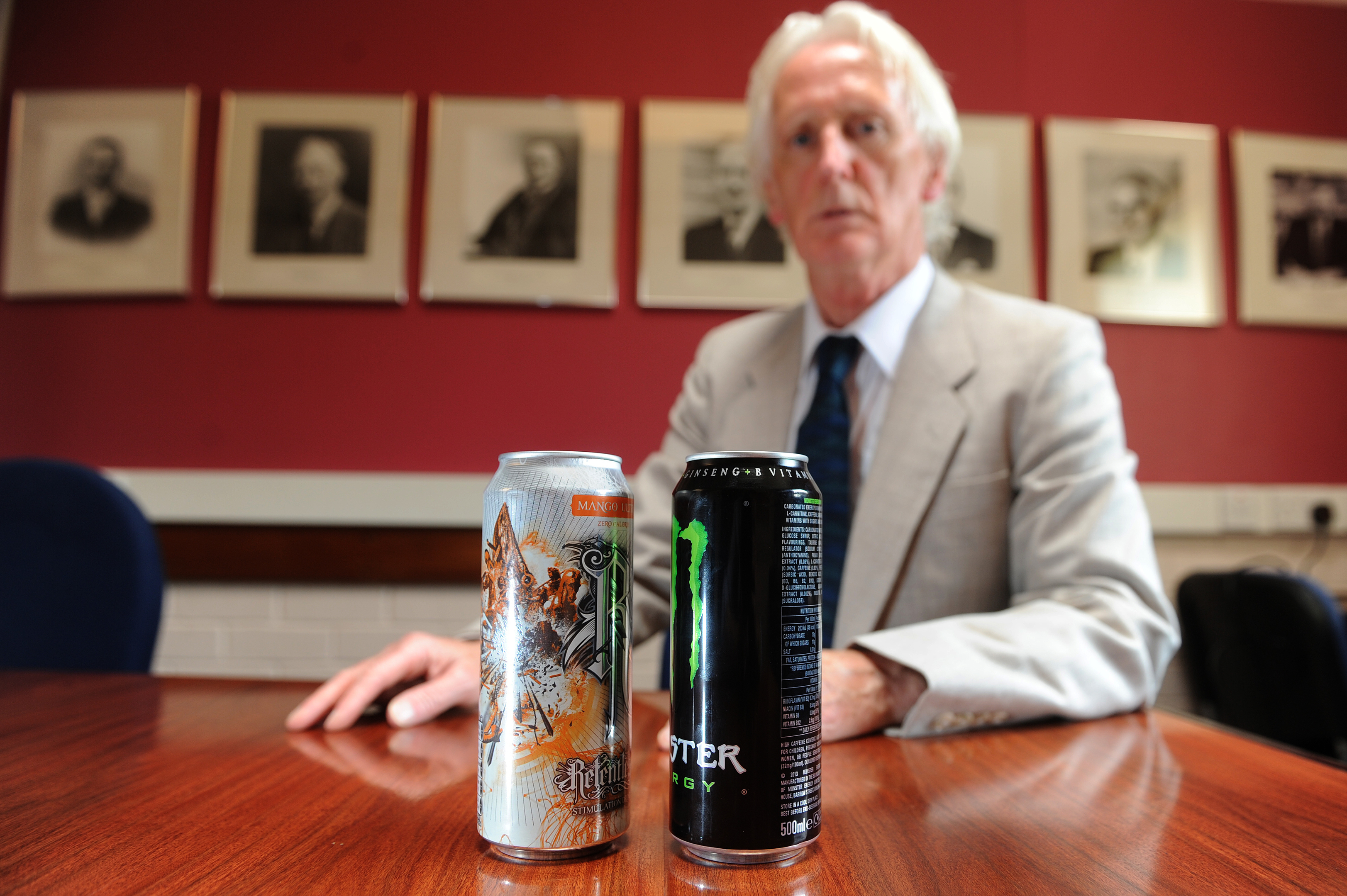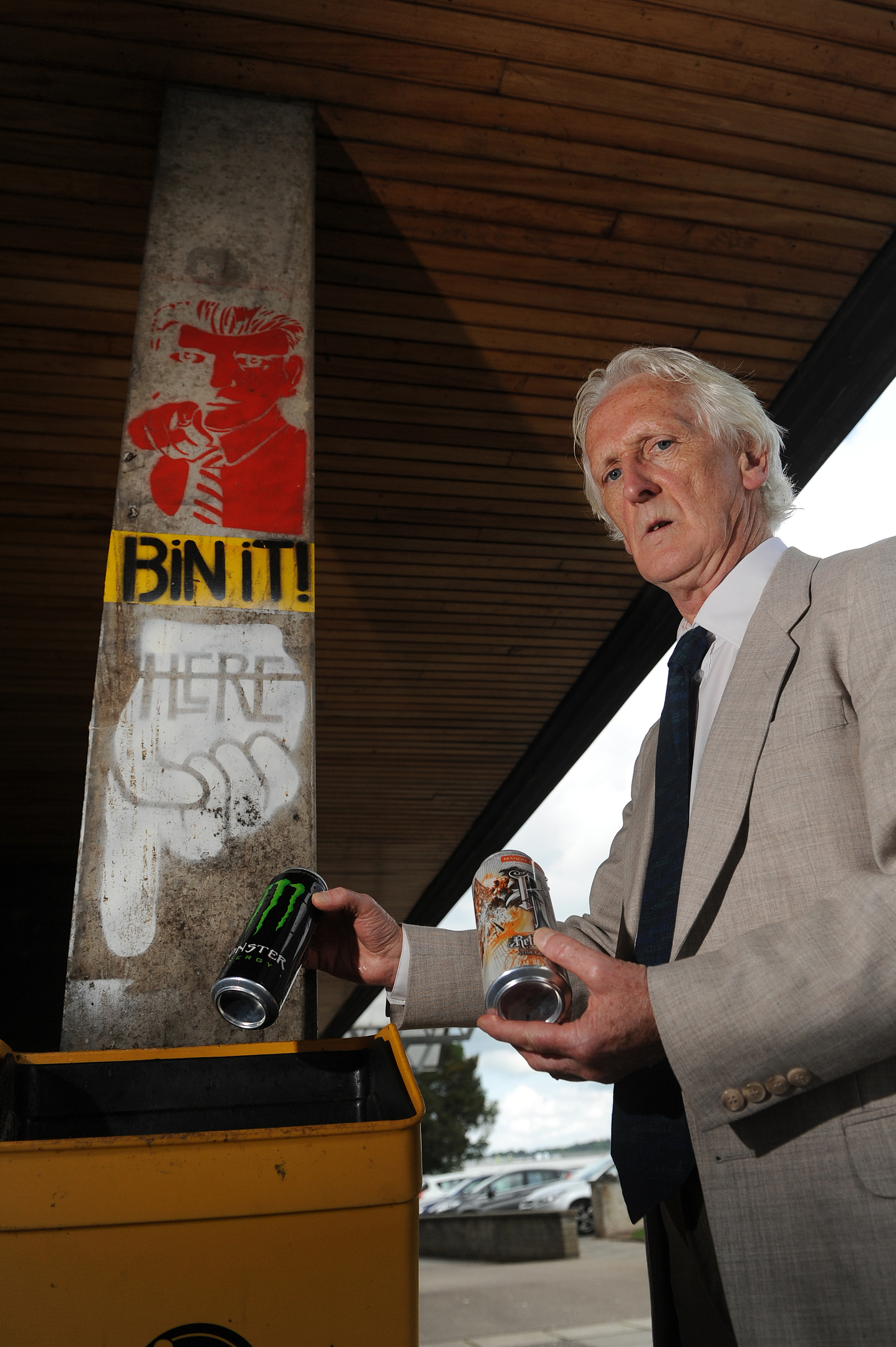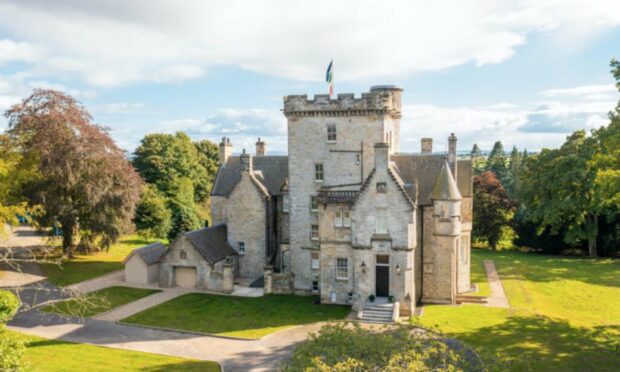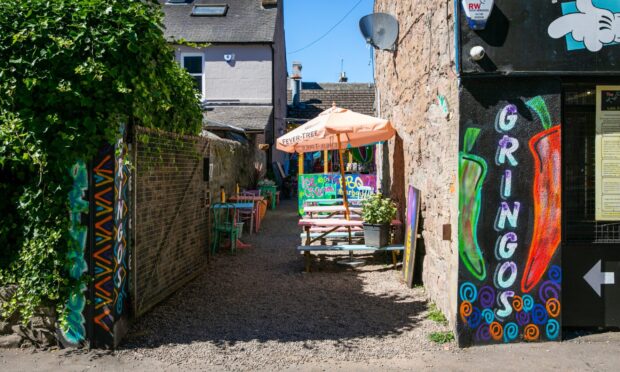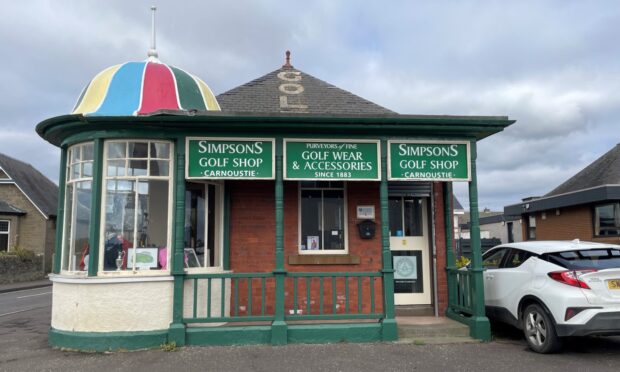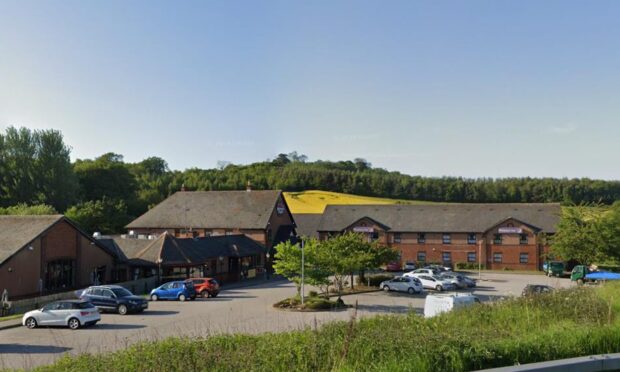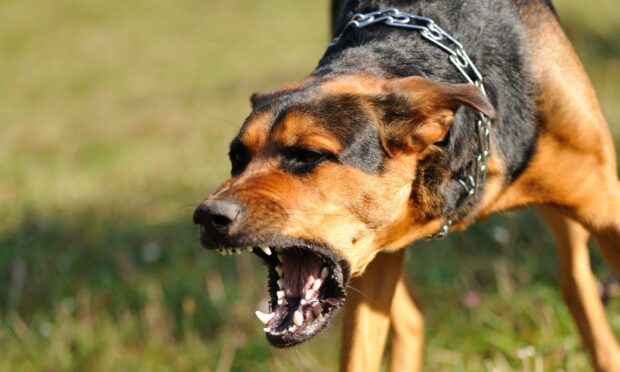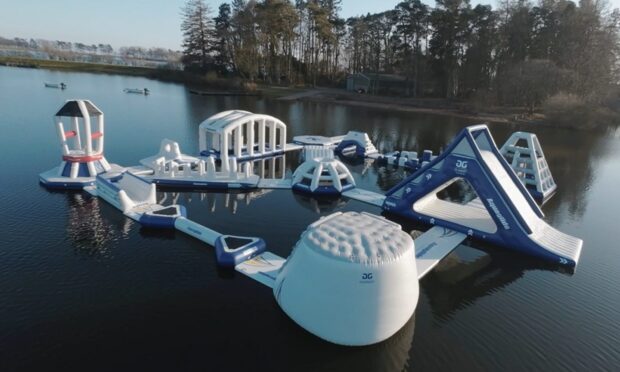Forfar Academy has brought in an energy drinks ban after blaming the high caffeine products for contributing to problems ranging from classroom stand-offs to bed-wetting teenagers.
Head teacher Melvyn Lynch has sent a letter to every parent at the 1,000-pupil secondary saying that any youngster found with drinks such as Rock Star and Monster will have it immediately confiscated.
The ban – the first at an Angus senior school – takes immediate effect on the pupils’ return from the bank holiday weekend in the wake of a catalogue of issues, with the head teacher blaming energy drinks as a contributory factor in bad behaviour which has resulted in some youngsters being excluded from the Academy.
Despite government guidelines and industry support for under-16s not to be sold energy drinks, increasing numbers of schools across the country have taken the step of implementing their own ban.
One English high school said detentions dropped by a third in the wake of imposing a ban.
Mr Lynch said that although the problems were not widespread, he hoped the move would encourage parents to have a conversation with youngsters about the consumption of high caffeine drinks.
“There is certainly a group for whom this is their first drink of choice, and for some a can of high energy drink is their breakfast,” said Mr Lynch.
The sector generates a billion pounds a year for drinks makers and has led to an explosion in interest in the high-profile brands such as those highlighted by the Forfar Academy head, with multi-million pound brand advertising in high octane sports spheres. Monster’s Doonies 2 promotional video shot on the Glamis sand dunes of California has attracted more than 7.5million You Tube views.
In his letter to parents, the rector states: “At Forfar Academy we are seeing more and more of our young people consume energy drinks on a regular, sometimes daily, basis.
“These drinks, such as Rock Star and Monster, pose a health risk to our young people due to the ingredients they contain.
“Consumption can lead to insomnia, anxiety issues, headaches, nausea, heart palpitations, abdominal pain, type 2 diabetes and bed-wetting. Rather than helping pupils stay alert they can result in young people falling asleep during the day due to problems with sleep at night time.
“It is our opinion that there drinks are a danger to the health of our young people and that they contain no nutritional benefits.
“In additional to these health risks, we are also extremely concerned about the effect these drinks are having on the behaviour of our young people,” adds Mr Lynch.
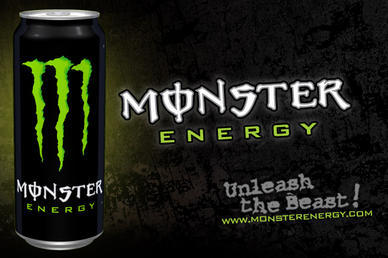
“They can cause conflict with staff when pupils are advised that they should not be consuming these drinks in classes.
“Moreover, we have also had occasions where pupils who have consumed energy drinks have been involved in more serious incidents that have led to exclusion.
“Whilst energy drinks are not solely to blame for this indiscipline, we believe that they are a contributory factor.”
Cans of the drinks will be confiscated from pupils who bring them into school.
“I hope that parents/carers give us their full support on this ban,” adds Mr Lynch.
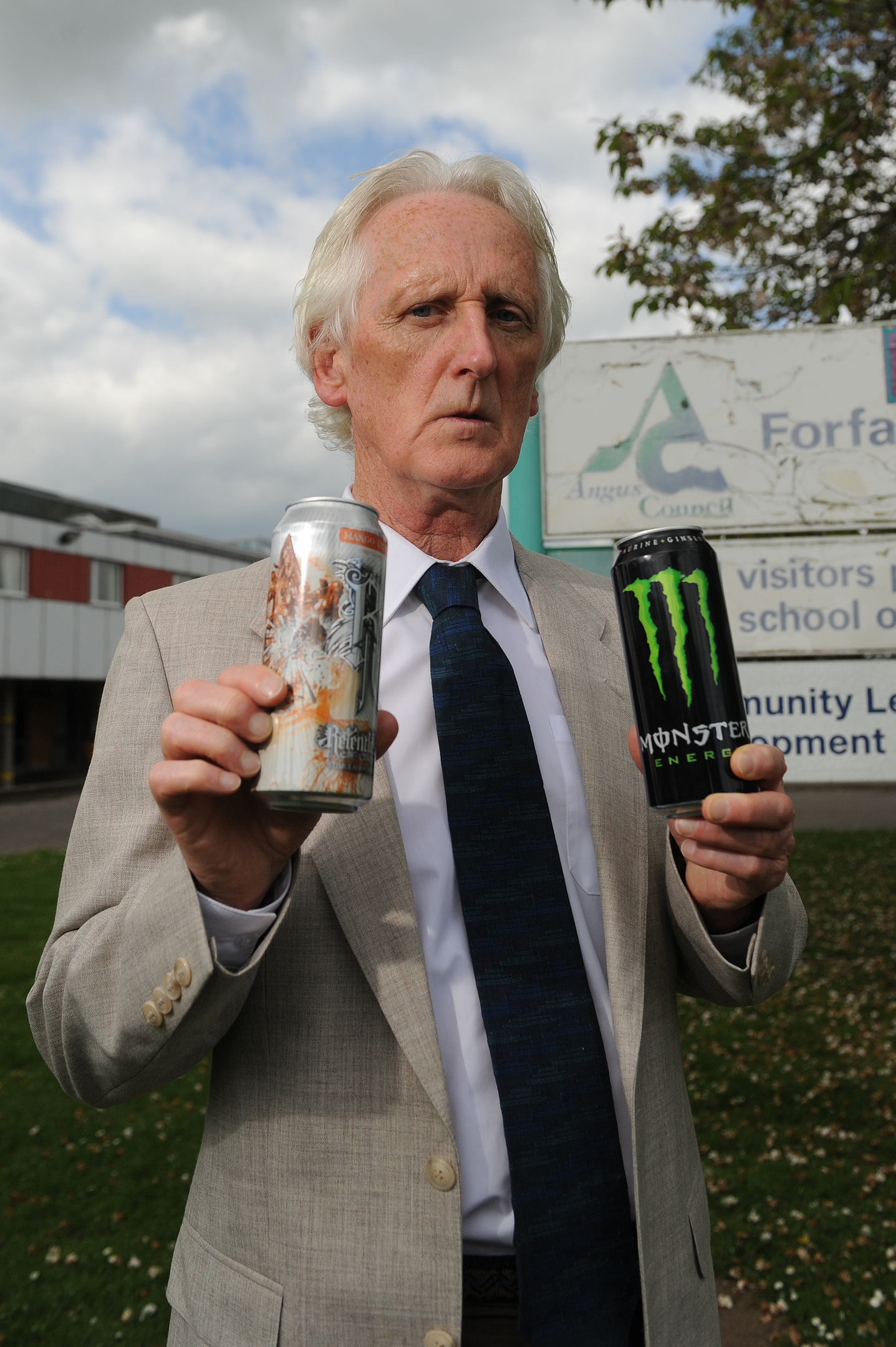
“It is not a step that we have taken lightly but we firmly believe that banning these products will be of benefit to the health of the young people at Forfar Academy.
“We will not be confiscating these drinks and pouring them down the drain. The idea is that we will engage with parents and young people to focus on factors affecting the health of our children.”
An Angus Council spokesman said: “High energy drinks are not sold within any of our schools.
“While a decision on their consumption on school grounds would be a matter for individual schools, we support moves that provide our young people with the relevant information about what they are consuming, enable them to make informed choices and allows them to lead healthier lifestyles.”
The Courier has contacted the makers of the drinks for comment.
Industry body’s firm no to energy drinks for under-16s
The British Soft Drinks Association is clear in its view that high caffeine content soft drinks are not recommended for children and should not be promoted or marketed to under 16s
The association said: “Latest reviews of the scientific evidence suggest that children can be more susceptible to the stimulant effects of caffeine than adults because of their lower body mass and because, unlike many adults, they are not used to it on a regular basis.
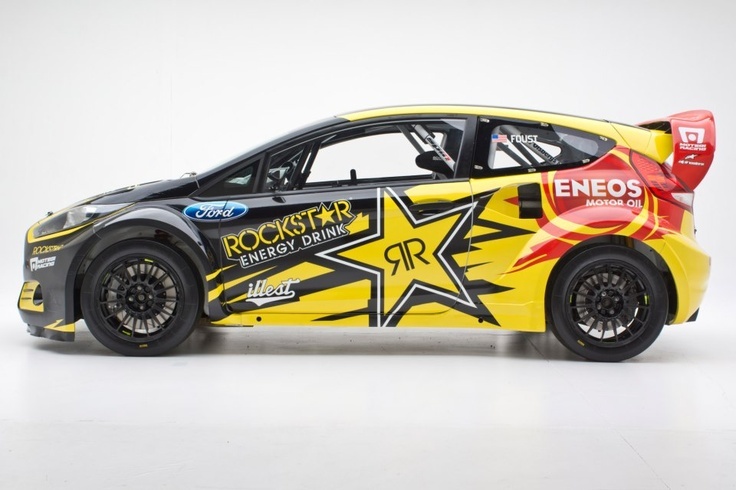
“On a precautionary basis, therefore, the soft drinks industry suggests that high caffeine content soft drinks should not be consumed by children.
“However, this does not mean that the drinks are unsafe, and we firmly believe parents should decide what is right for their families.”
The BSDA added: “The regulations regarding food and drink in schools already prohibit high caffeine content soft drinks from being sold in schools.
“Some schools have gone further and banned their students from bringing high caffeine content soft drinks into school from outside.
“Schools and parents have an important role to play in educating children about the food and drink they should be consuming.
“We clearly label high caffeine soft drinks as not recommended for children so that people can make an informed choice.”
The Children’s Food Campaign (CFC) pressure group has claimed energy drinks makers have ridden roughshod over government responsibility guidelines on the marketing of their products to under-16s
Brands such as those specifically highlighted by Academy rector Mr Lynch continue to enjoy double digit growth in a sector which industry data suggested was worth some £1.25billion in the UK in 2015.
